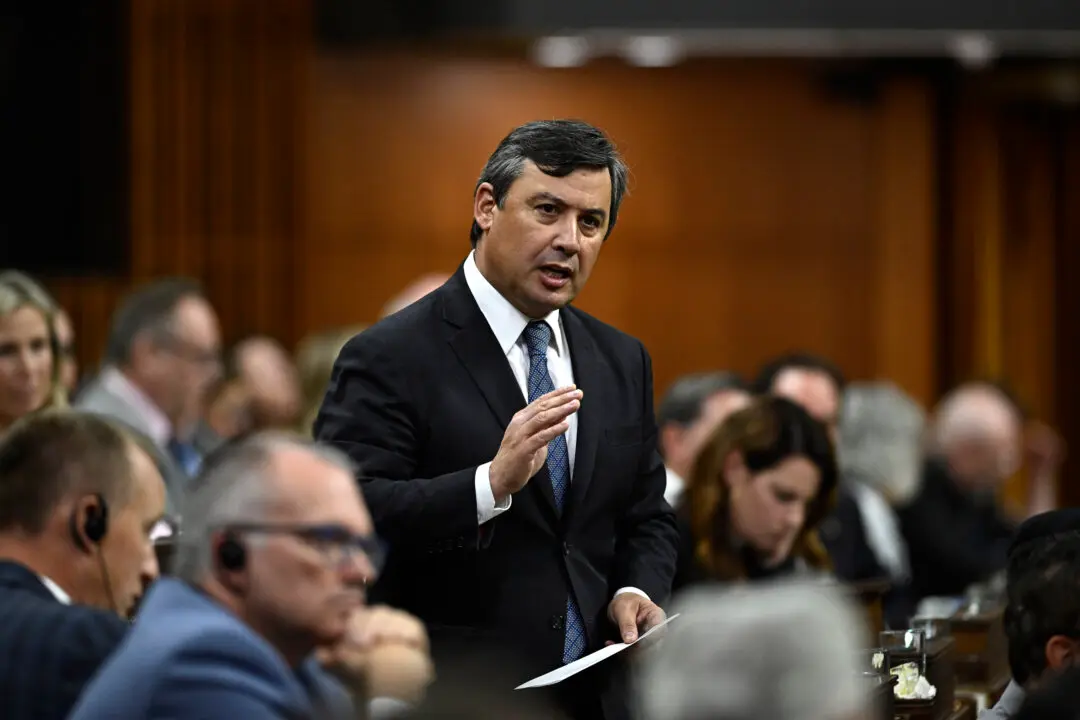MPs of a House committee voted to conduct a full study of the Winnipeg laboratory documents, which show multiple security breaches occurred at the top biosafety facility, after opposition parties pushed back on the Liberals’ attempts to water down the probe.
Conservative MP Michael Chong presented a motion to launch a probe of the documents during a special meeting of the House of Commons Canada-China relations committee on March 26.





